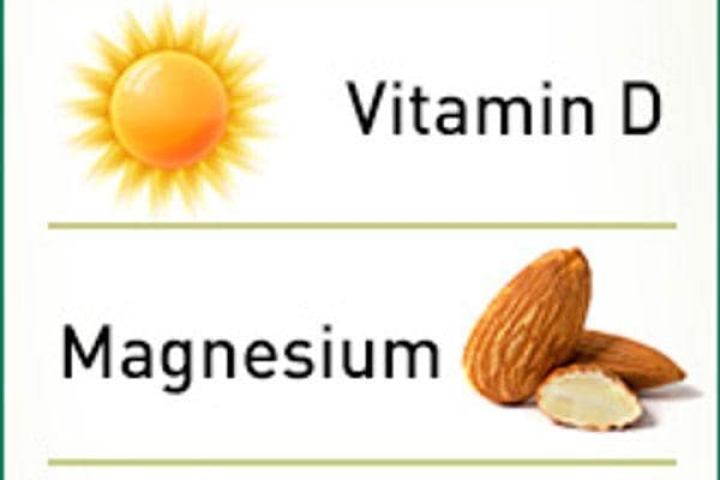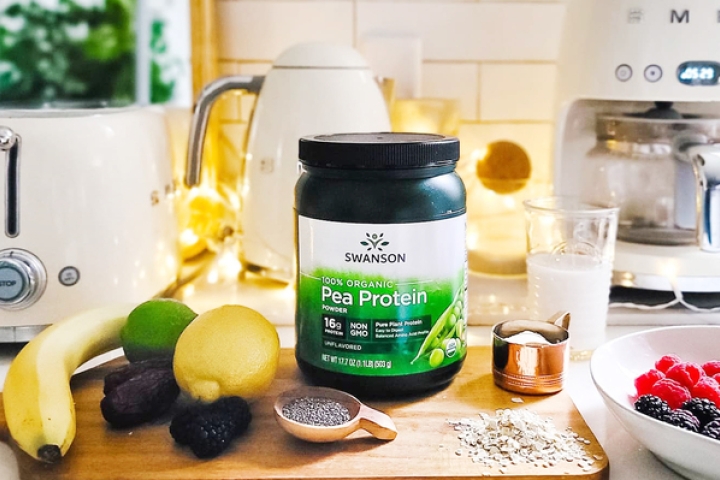Top 8 Respiratory Support Ingredients
Top Respiratory Health Ingredients
These respiratory heroes excel in alleviating cold weather ailments:
1. TAG TEAM RESPIRATORY SUPPORT
Quercetin is a robust antioxidant flavonoid found in a variety of foods and plants, including apples, various berries, green tea, red grapes, onions, and ginkgo biloba. Quercetin’s antioxidant properties aid in promoting immune health and studies also suggest it supports healthy respiratory function.1,2
Quercetin is often paired with bromelain in supplements, as bromelain can enhance quercetin's absorption. Derived from pineapple fruit, bromelain contains a remarkable range of proteolytic enzymes. Bromelain has been researched for its potential sinus benefits.3 Together, quercetin and bromelain form an effective duo for respiratory support.
2. ASTRAGALUS FOR AIRWAYS
Rich in over 100 active compounds, including saponins, polysaccharides, amino acids, flavonoids, and more, astragalus is loaded with beneficial nutrients. Research suggests that astragalus supplements can enhance the respiratory system and help soothe the airways.4
3. COMBAT SEASONAL BLAHS WITH BERRIES
While raspberries are well-known for their health benefits, other parts of the raspberry plant are also beneficial. The red raspberry leaf contains nutrients like alpha-carotene, alpha-tocopherol, niacin, boron, calcium, magnesium, selenium, zinc, and antioxidants. Herbalists have used red raspberry leaf for centuries as a traditional tonic to support respiratory function.
4. HARD TO PRONOUNCE, EASY ON AIRWAYS
A member of the mint family, coleus forskholii— pronounced coal-ee-us for-skol-ee-ee—has been a staple in Ayurvedic respiratory health practices for centuries. Studies suggest that coleus forskohlii supplements may have a soothing effect on the respiratory airways.5
5. GOOD FOR PIZZA, GREAT FOR SUPPORT
Oregano, a familiar kitchen herb, is also known among health enthusiasts for more than just its flavor-enhancing properties. Research has shown that oregano supplements may help soothe the respiratory system and improve airflow while supporting immune health.6
6. ALL BARK, NO BITE
Sourced from the bark of the black cherry tree, wild cherry bark is rich in minerals like iron, calcium, zinc, and magnesium, as well as phytochemicals like quercetin and kaempferol. This traditional respiratory aid is available in both wild cherry bark syrup and capsule forms.
7. THYME TO BREATHE EASY
Like oregano, thyme leaf is a culinary herb with a long history of supporting respiratory health, dating back to Roman times. Thyme's benefits for respiratory health may be partly due to carvacrol, a plant phenol known to support the body’s immune defenses.7,8
8. LUNG-FRIENDLY LEAF
Plantain leaf supplements have a long history of use in supporting respiratory health and seasonal wellness. Although its effects on respiratory health are not fully understood, plantain leaves have been historically used for overall wellness.9
About Amy Sunderman, MS, RD
Amy is a registered dietitian, nutritionist, and author with over 20 years of experience in the supplement industry. She is passionate about dietary supplements and the health benefits they offer. Amy enjoys finding novel nutritional ingredients backed by strong clinical research to drive innovation and provide health-promoting products to consumers.
*These statements have not been evaluated by the Food and Drug Administration. These products are not intended to diagnose, treat, cure, or prevent any disease.
Sources:
1. Quercetin Supplementation. Volume 62, National Library of Medicine. Read source
2. Effect of Flavonoids on Upper Respiratory Tract. National Library of Medicine. Read source
3. Adjunctive Use of Bromelains. The Eye, Ear, Nose and Throat Monthly. Read source
4. Review of the Botanical Characteristics of Astragalus. Phytotherapy Research. Read source
5. Forskolin. European Journal of Pharmacology. Read source
6. Aromatic Herbs. Hindawi. Read source
7. Efficacy of Thyme. National Library of Medicine. Read source
8. Carvacrol and Human Health. Phytotherapy Research. Read source
9. The Effects of Plantago Major. Journal of Traditional and Complementary Medicine. Read source





Leave a comment